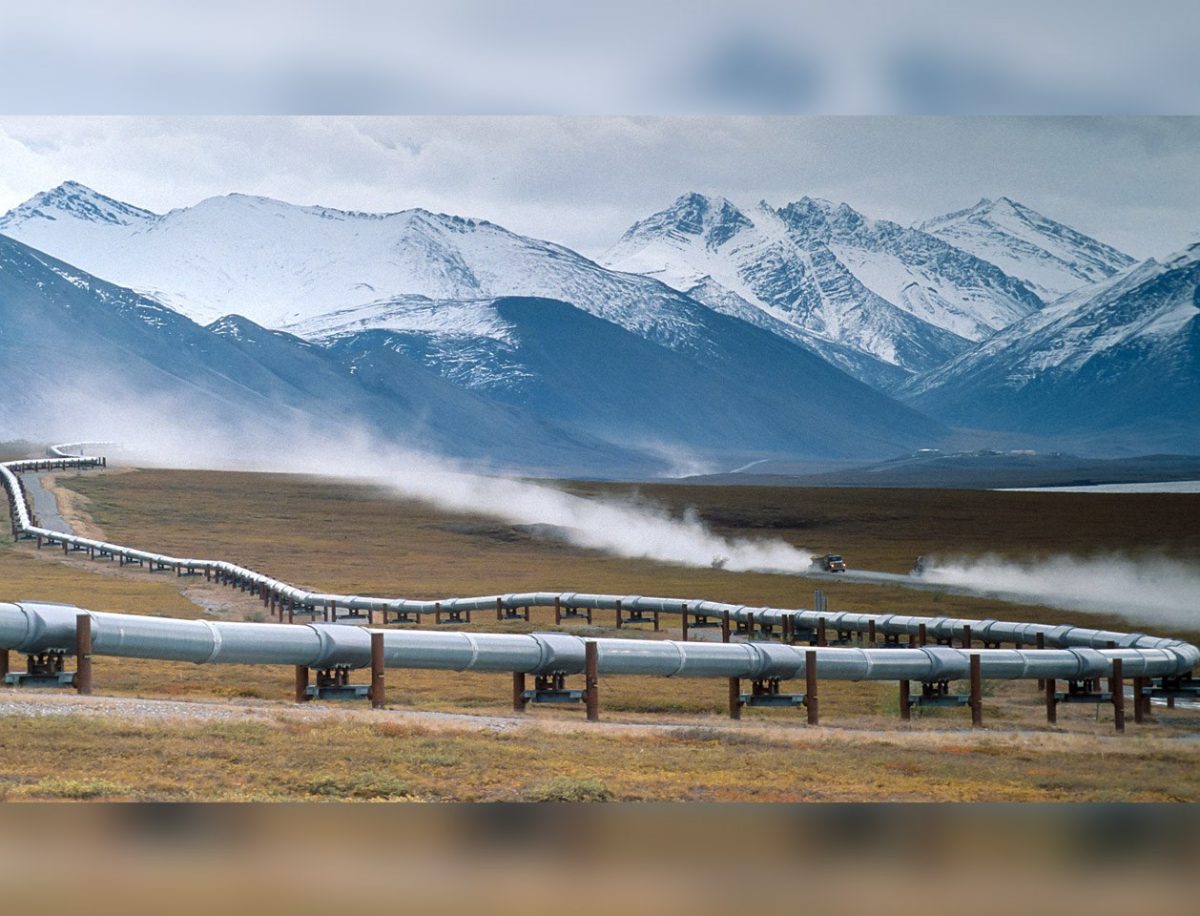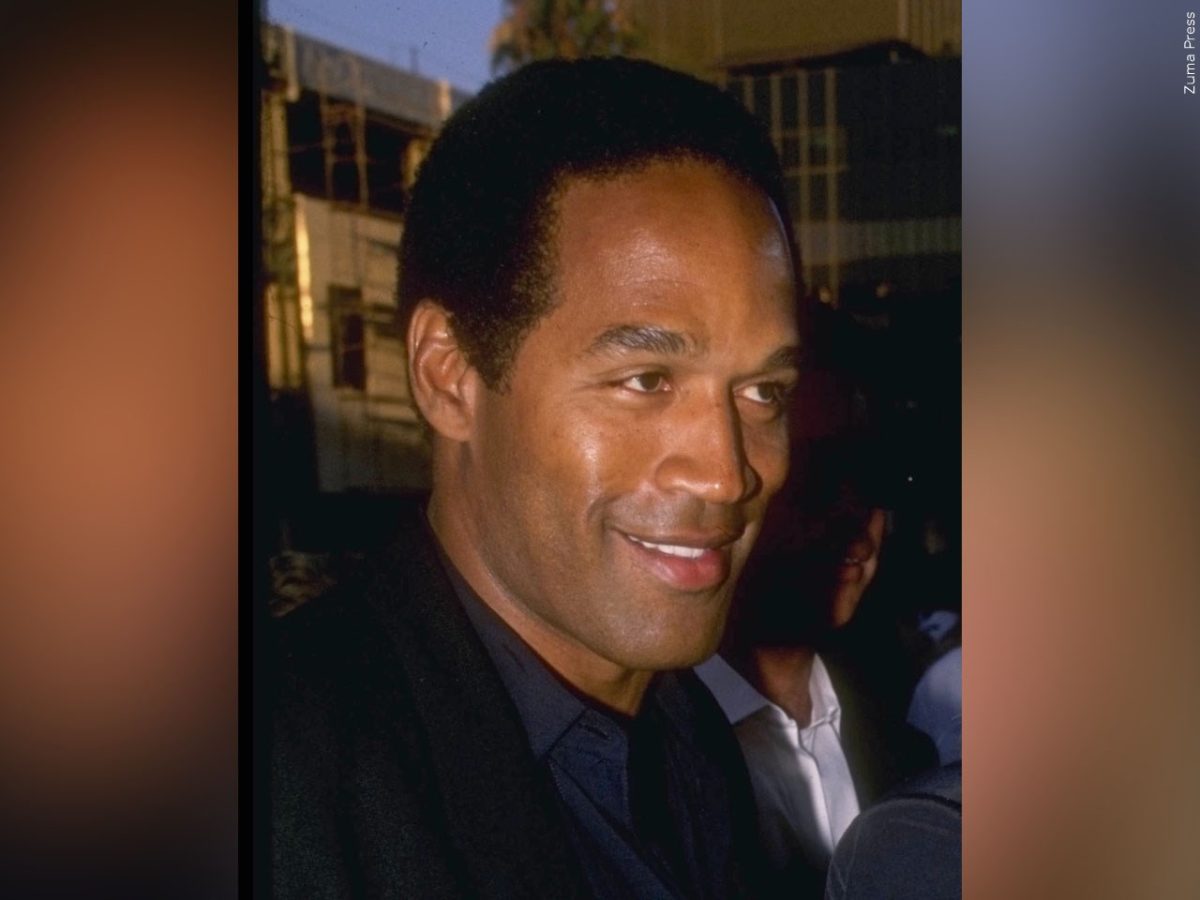On Sept. 6, the Biden administration announced that drilling in 13 million acres of the National Petroleum Reserve in Alaska will be prohibited, cancelling all drilling in the Arctic National Wildlife Refuge.
After making promises to combat wildlife during his election campaign, this is the first big step that President Biden has taken to combat the continuing climate change issue. One of the administration’s goals is to strike a balance between the environmentalists and the oil companies.
The Trump administration signed oil and gas leases for permission to drill in 2016 and there has been a big push by environmentalist groups to shut down the drilling, which was one of Biden’s campaign promises in 2020.
However, the environmentalists and oil companies are establishing goals that are further from each other than before. According to the New York Times titled “Biden Approved a Big Oil Project”, climate activists were angry with Biden for waiting this long to take action continuing the Willow project after enlisting these measures.
Though the Biden administration claims these are “maximum protections,” many environmentalists are not happy that the $8 billion Willow Project in Alaska’s National Petroleum Reserve is not only ongoing but was directly approved by the Biden administration earlier this year.
The Willow Project is a oil drilling project by ConocoPhillips that was originally created to operate five drill pads with up to 250 oil wells.
“We might be living in a time where it is harder, as a politician, to strike a balance between the environmental interests and industry interests as it was in the past,” said Max Harleman, assistant professor of public administration at GC.
It is also important to note that the Indigenous people who live in the Arctic Refugee have also been affected by these changes in policy and need to be considered by both sides of the aisle when making decisions about the future of the land.
“The Arctic Refuge is my home, said Robert Thompson, an Iñupiat wildlife guide. “It has been home to my people, the Iñupiat, for thousands of years. It is now as it has always been. I wish for it to remain this way for future generations of Iñupiat. When my granddaughter was a small child, we were out on the land; she raised her hands and said, “Thank you, God, for this good land.” If we were in an oil field, would she have been so inspired?”
Because environmentalists’ goal is to get carbon emissions to net zero, it is harder for politicians to retain their support if they authorize any amount of drilling.
“Whether forgoing drilling in the Arctic National Wildlife Refuge will get the U.S. to net zero faster depends entirely on whether the forgone energy will be replaced by burning fossil fuels that were extracted elsewhere or by renewable resources,” Harleman said.
In CNN’s explanation of the Willow Project controversy, released in March, the issue most environmentalists focused on was that the drilling could release 9.2 million metric tons of planet-warming carbon pollution a year.
However, some critics argue that the carbon emissions will continue to increase whether the drilling project continues or not. According to the International Energy Agency, 36.8 billion tons of carbon emissions were released in 2022. These emissions are among the highest contributing factors to global warming, which is why many environmentalists are fighting against the project.
Transportation in the United States is highly reliant on oil production. Although, there are small changes being made, such as electric cars, and the stopping of this project altogether may not result in as much positive environmental impact as assumed.
Many speculate that environmentalists, such as Earthjustice, a non-profit public interest organization, are fighting this particular drilling for symbolic purposes. As far as the state of Alaska’s lawmakers are concerned, the project will create jobs and boost their economy.
This fight is purely based on the environmental implications, which have few comparative calculations published.
Many believe that even if the drilling is proposed for another area, it will not be as politicized as this because the land is not protected like the Arctic National Wildlife Refuge. Also other oil and gas leases have yet to be stopped and environmentalists want to stop future drilling projects to help solve the bigger issue of climate change.












